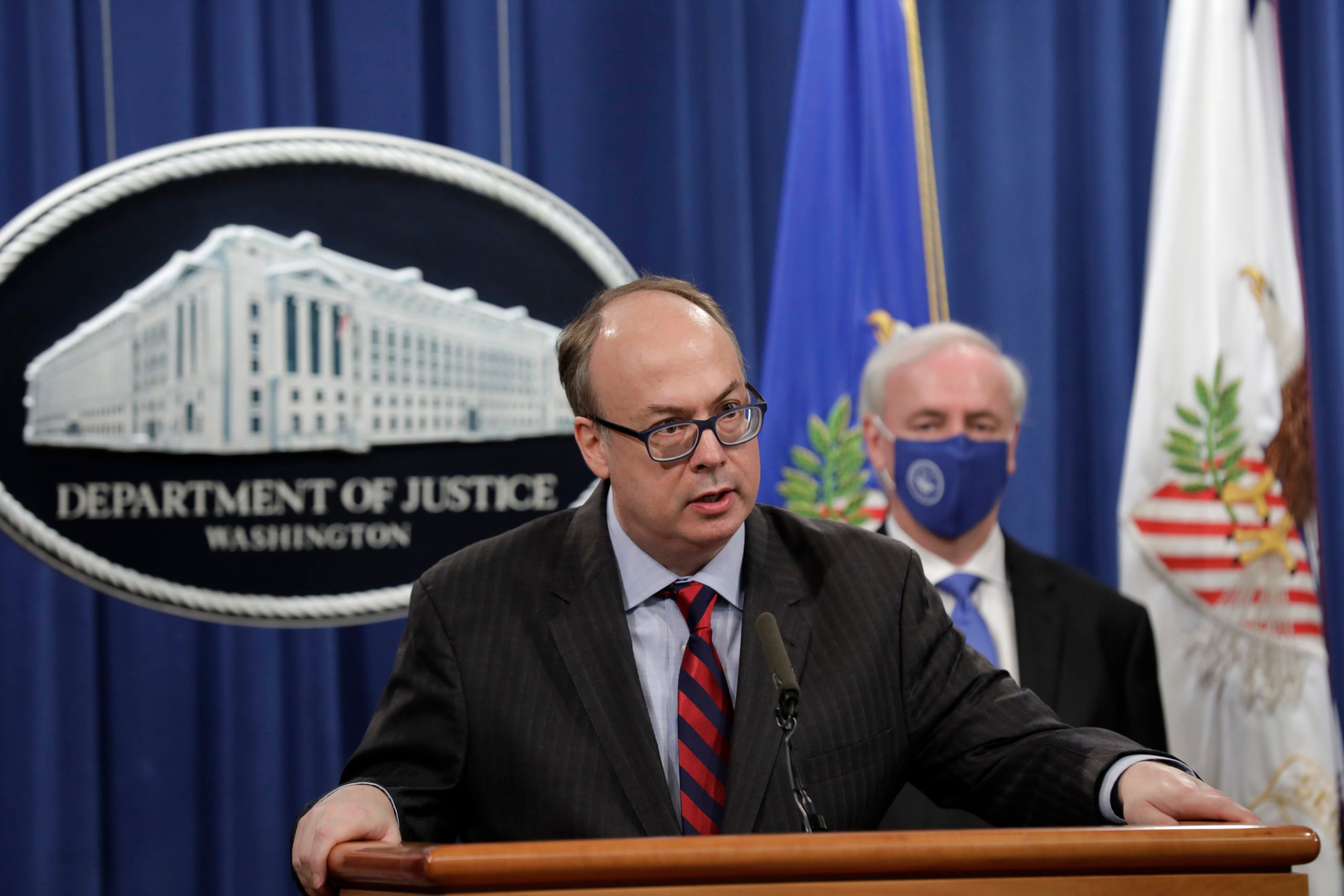McKinsey issued a rare statement but stopped short of an apology after court documents revealed that the consulting giant helped its client, Purdue Pharma, “turbocharge” OxyContin sales in the midst of the opioid epidemic.
“We recognize that we did not adequately acknowledge the epidemic unfolding in our communities or the terrible impact of opioid misuse and addiction on millions of families across the country,” the company said in a rare statement.
“We recognize that we have a responsibility to take into account the broader context and implications of the work that we do,” the statement continued. “Our work for Purdue fell short of that standard.” (RELATED: American Cartel: Billionaire Family Behind OxyContin Apparently Spends ZILCH Rehabbing Addicts)
The firm added that it never intended to contribute to the public health crisis and any suggestion to the contrary is “wrong.” McKinsey’s work with Purdue was solely intended to support the “legal prescription and use of opioids for patients with legitimate medical needs,” the statement said.

Acting Assistant U.S. Attorney General Jeffrey Clark speaks at a news conference, where they announced that Purdue Pharma agreed to plead guilty to criminal charges over the handling of its addictive prescription opioid OxyContin. (Yuri Gripas-Pool/Getty Images)
November court filings showed that in 2017 McKinsey recommended Purdue offer rebates to distributors for every OxyContin overdose attributable to the pills they sold, according to The New York Times. The recommendation further projected how many customers of OxyContin distributors, including CVS and Anthem, would overdose and estimated how much Purdue would need to pay in rebates.
“As things get tougher there someone might turn to us,” McKinsey executive Martin Elling wrote in an email to Arnab Ghatak, another senior partner, in 2018 after the Commonwealth of Massachusetts filed a lawsuit against Purdue Pharma, according to additional court filings, The Times reported.
Elling further suggested “eliminating” documents and emails that would implicate the firm in wrongdoing, according to The Times. Ghatak thanked Elling for the “heads up.”
Both Elling and Ghatak were high-level consultants who, emails show, had a major role advising Purdue, according to The Times. One email released in court showed they told the Sackler family, which owns Purdue, to aggressively market OxyContin.
In McKinsey’s statement Saturday, the firm said it would review if any emails were deleted. (RELATED: Data Show Pandemic Contributing To Opioid Crisis, Local Health Experts Report ‘More Relapses’)
“We have been undertaking a full review of the work in question, including into the 2018 email exchange which referenced potential deletion of documents,” the statement said. “We continue to cooperate fully with the authorities investigating these matters.”
Purdue pleaded guilty on Nov. 24 to criminal charges, including conspiracy to defraud the U.S. The company admitted it did not adequately prevent its opioid drugs from being sold on the black market, CNN reported.
The pharmaceutical company agreed to pay a criminal fine of $3.5 billion and an additional $2 billion in criminal forfeiture, according to the Department of Justice.
“The abuse and diversion of prescription opioids has contributed to a national tragedy of addiction and deaths, in addition to those caused by illicit street opioids,” Deputy Attorney General Jeffrey Rosen said in a statement.
The opioid epidemic has ravaged the U.S. for years with about 900 Americans dying from opioid overdoses every week, according to the Council on Foreign Relations.
All content created by the Daily Caller News Foundation, an independent and nonpartisan newswire service, is available without charge to any legitimate news publisher that can provide a large audience. All republished articles must include our logo, our reporter’s byline and their DCNF affiliation. For any questions about our guidelines or partnering with us, please contact licensing@dailycallernewsfoundation.org.


